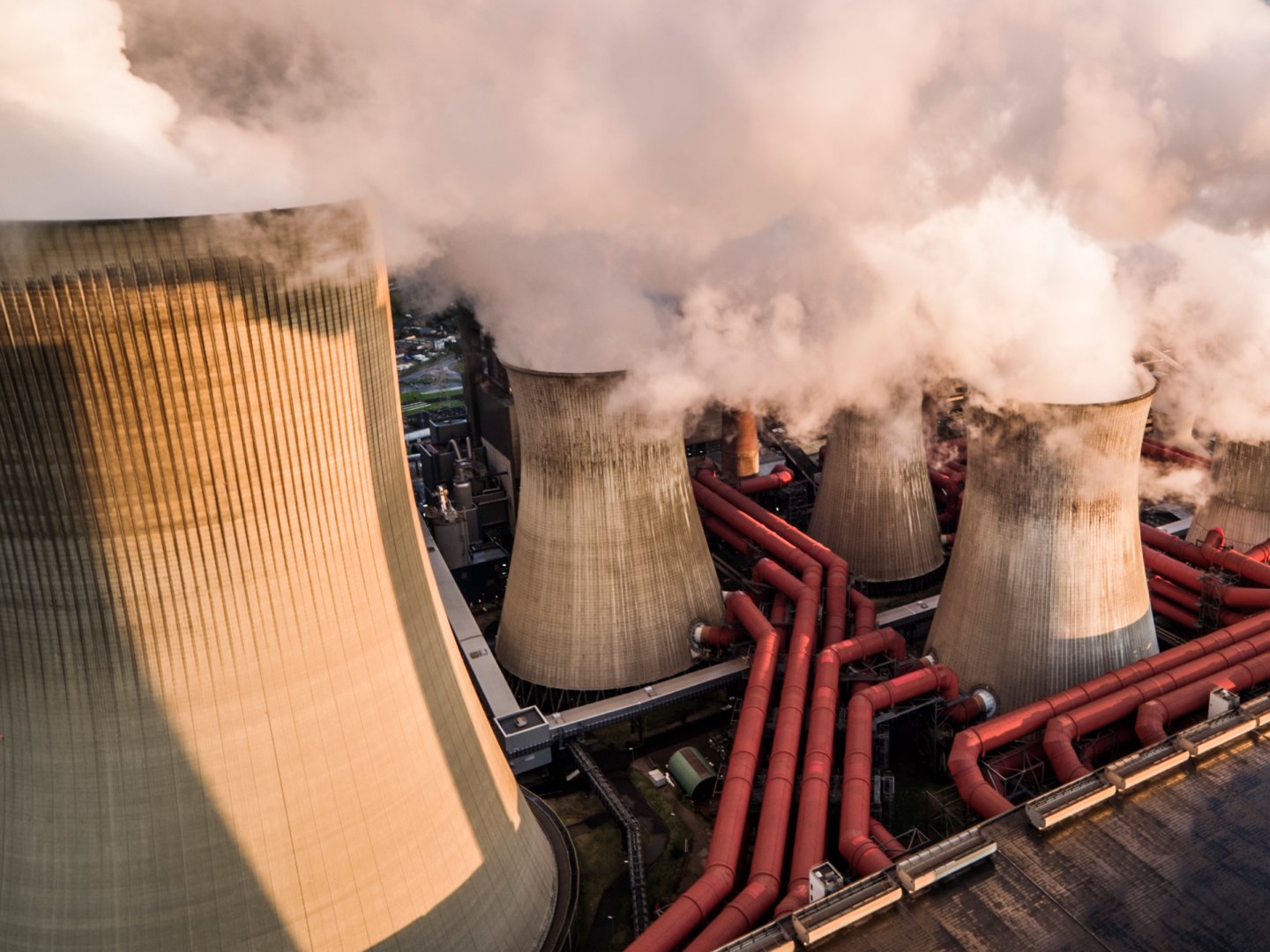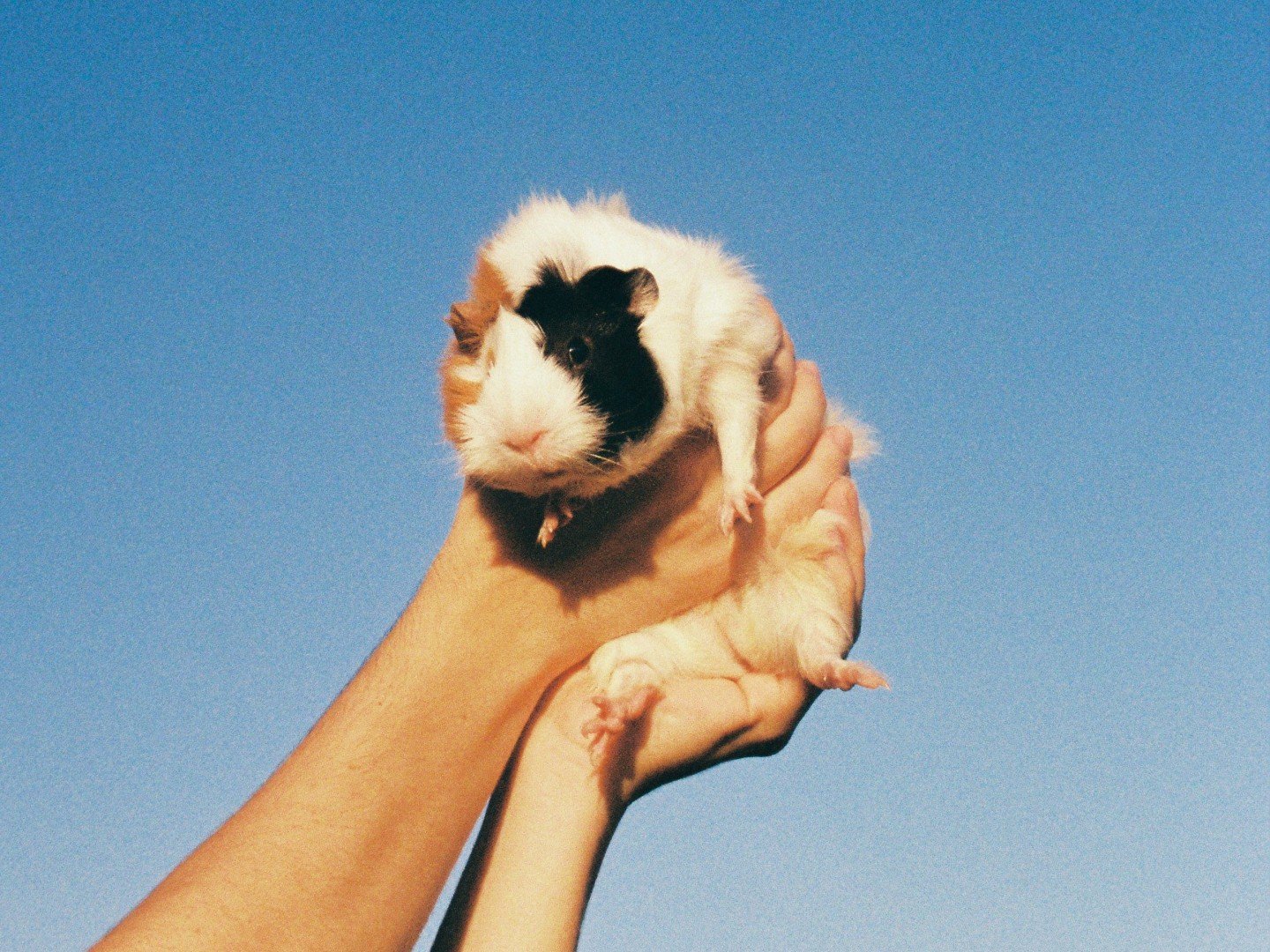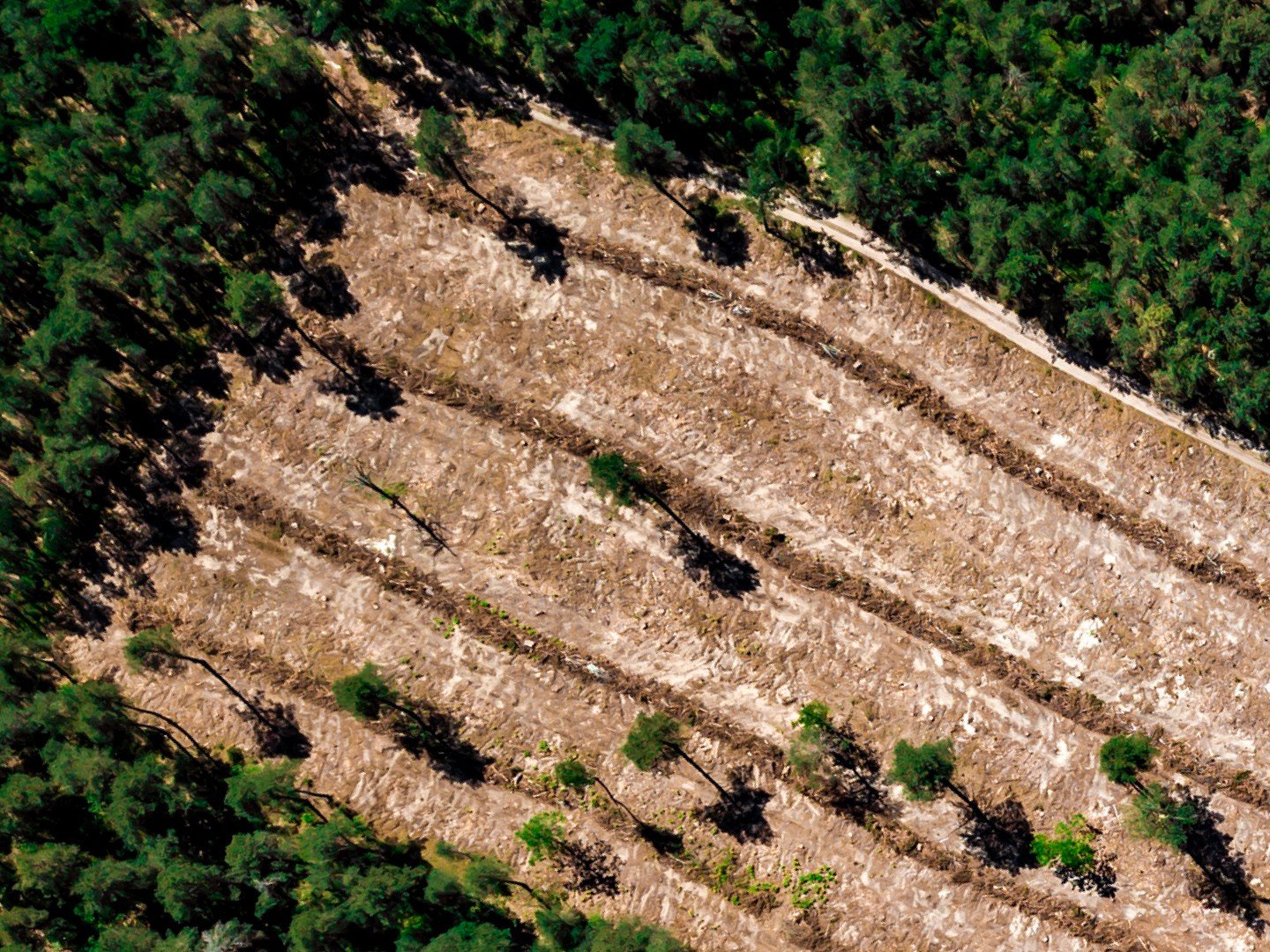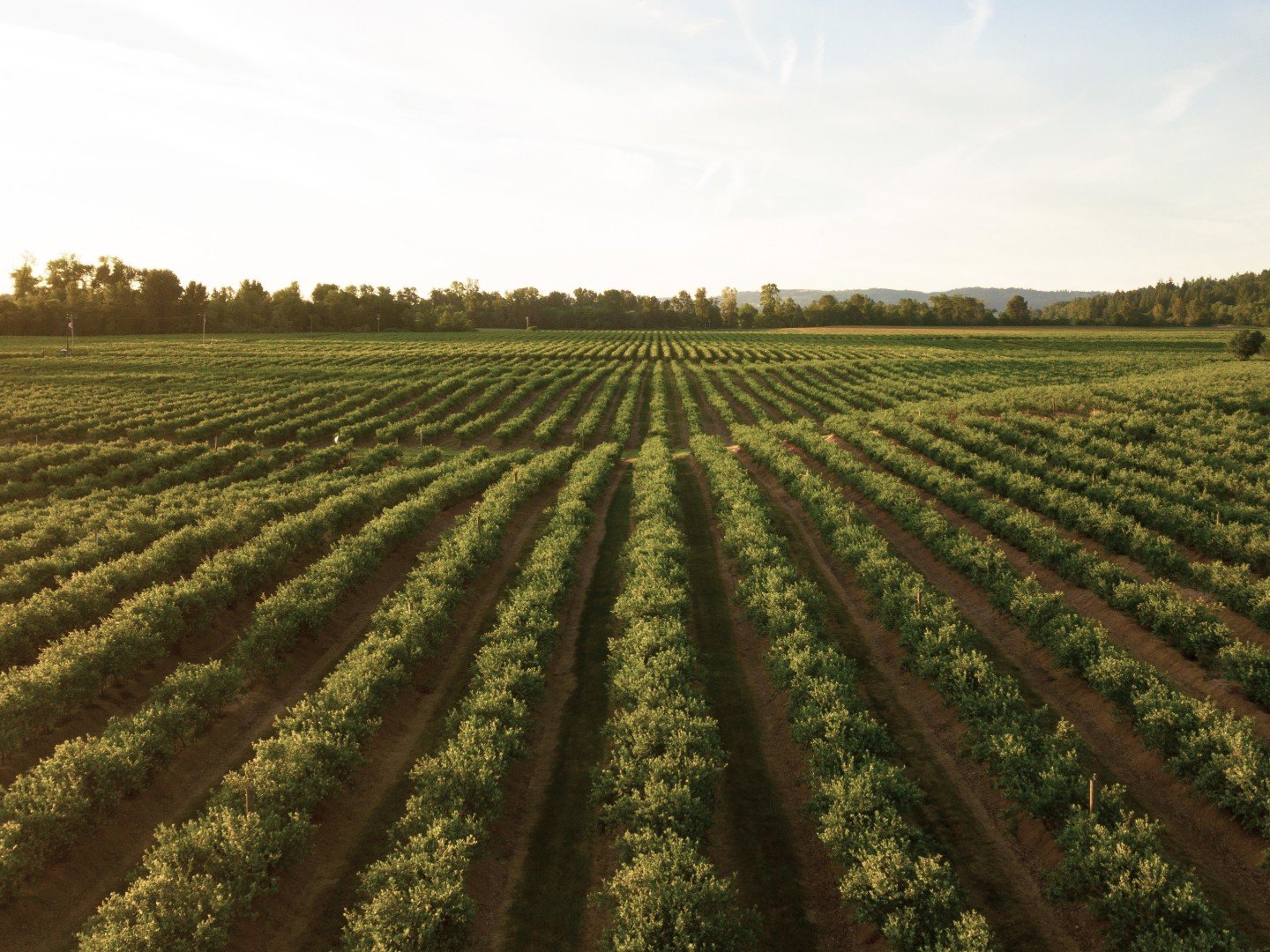We need systemic change across multiple industries to tackle the most difficult and important challenges of our time, such as climate change, the biodiversity crisis, human rights abuse, and industrialised animal cruelty. Allocating capital to positive companies and restricting+ investment in harmful ones is critical to resolving the global challenges we face. But we know that on its own, our ethical screen is not enough to achieve the economic and social transformation we need to get to a future where people, animals and the planet prosper consistent with the aims of the Ethical Charter.
Investor stewardship is one way we can directly have real world influence. Investor stewardship leverages the capital our members have entrusted to us to influence investee companies, the economy and society. Often, investor stewardship is solely focused on lowering the risks and improving the returns of individual holdings and the portfolio. We certainly do this at Australian Ethical, but we also do more.
We do Ethical Stewardship. Ethical Stewardship is focused on reducing the negative and increasing the positive impacts of companies and achieving systemic change at an economy or society-wide scale. We are here to make money and a difference.
To find out more about our approach to ethical stewardship, take a look at our Ethical Stewardship policy.
View some of our Ethical Stewardship activities.

Turning off finance for fossil fuels
The fossil fuel sector has been a prime target of our investor advocacy. We do not invest in fossil fuel focused companies like Santos Woodside and Whitehaven. But we leverage our investment in the finance sector to campaign against the unsustainable expansion of fossil fuels and encourage the financing of renewables.
Animal research
We expect companies involved in animal research to take seriously their obligation to avoid and reduce animal suffering. We also believe that companies commissioning animal research can play an important role to help drive greater use of alternatives and better animal welfare practices by research institutions.


Animal agriculture and deforestation
Animal agriculture uses a disproportionate amount of land and other resources relative to the nutritional value it provides. We restrict+ investment in conventional animal agriculture because of its large environmental footprint and because of animals’ suffering. But we leverage our connections in adjacent industries to influence change.
Carbon sequestration and protecting wildlife
Given our land mass, Australia is well placed to provide credible and secure carbon sequestration services the world desperately needs. With appropriate policies and markets, we think our farmers and the communities they support could be direct beneficiaries.

The building materials sector is a huge contributor to global carbon emissions. Cement production is the world's single largest industrial cause of carbon pollution, responsible for around 8% of global carbon emissions. Steel accounts for another 7%.
Through our engagements and involvement in Climate Action 100+ and MECLA , we are seeking to help hasten the supply and uptake of transformational low or zero carbon products across the economy, and the development of a supportive policy environment.
We are the lead investor in the Climate Action 100+ engagements with Boral and Adbri, and are engaging with these companies about the ambition, detail and readiness of their decarbonisation pathways. We were nominated for Investor Group on Climate Change’s Climate Award 2023 for this work.
We supported Western Australian Aboriginal groups’ calls to halt the WA state government’s Aboriginal Cultural Heritage Bill 2021. The Bill would fail to prevent another Juukan Gorge disaster. We called on the government to ensure Indigenous Peoples are appropriately consulted to revise the Bill.
We continue our engagements with selected high-risk companies about their approach to various human rights issues including the risk of human rights abuse in supply chains, corporate accountability for digital rights and use of data, and the treatment of elders in aged care.
Read more in our modern slavery statement.
We’ve sold our Lendlease shares over its planned development that impacts one of the last healthy koala colonies in NSW.
Read more: https://www.australianethical.com.au/insights/why-we-divested-from-lendlease/
We have engaged with Blackmores about supporting a transition from fish oil products to less impactful plant-based alternatives.